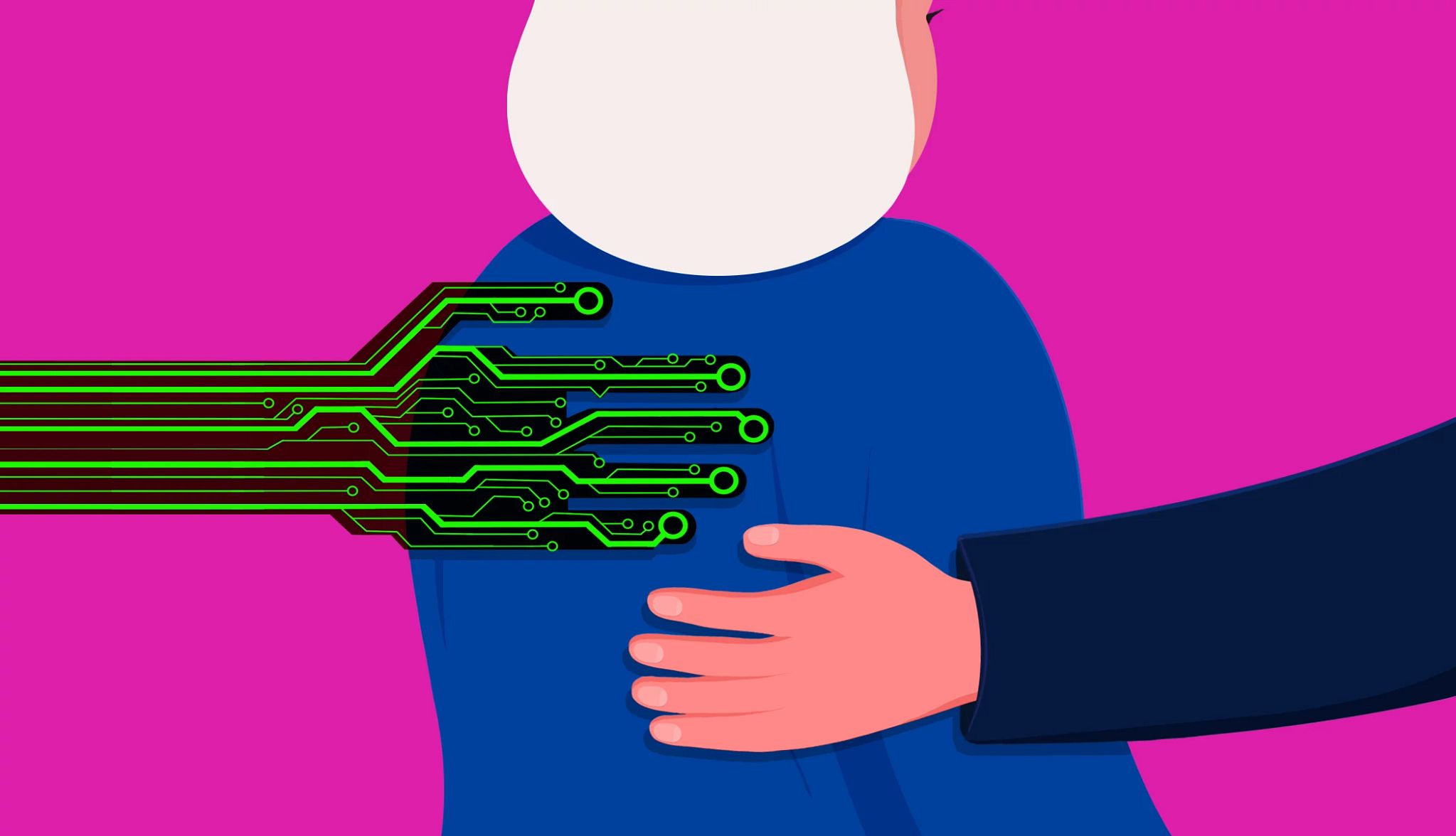
8 useful tech tools for financial caregiving
- Select a language for the TTS:
- UK English Female
- UK English Male
- US English Female
- US English Male
- Australian Female
- Australian Male
- Language selected: (auto detect) - EN
Play all audios:

As anyone caring for a loved one with dementia knows, diminished cognitive function can have far-reaching emotional and physical ramifications. The financial consequences can be
considerable, too. Cognitive impairment puts your loved one at greater risk of making major miscalculations, missing bill payments and falling prey to scammers. In our rapidly evolving
digital world of online banking, two-factor authentication, and sophisticated text and email scams, technology can further complicate already complex money matters. But it can also help.
With the right tech tools, you can protect your loved one from financial harm while enabling them to maintain financial autonomy for as long as possible. Modern technology “can facilitate a
sense of financial independence for the patient while minimizing the risk of errors and fraud,” says Gary Small, M.D., chair of psychiatry at the Hackensack University Medical Center in
Hackensack, New Jersey, and former director of the geriatric psychiatry division at the University of California in Los Angeles. “There are so many helpful tools out there that didn’t exist
before, and they’re improving all the time,” says Constantina Papageorgiou, a partner in the New York-area law firm Vishnick McGovern Milizio who specializes in elder law, guardianship, and
trusts and estate planning. Still, introducing tech to someone with dementia can be challenging. Your loved one may be suspicious, uncomfortable or simply unfamiliar with digital advances.
Try taking a gradual approach. Describe to the person the tools that you’d like to put in place while keeping their capacities in mind. These conversations will be most productive if you can
broach the topic while your loved one still has a firm grasp on their financial assets and responsibilities, Small says. The earlier you initiate these discussions — and the earlier you put
safeguards in place to protect the person’s finances — the better. Research earlier this year from AARP and MIT AgeLab found that significant financial losses often begin before an official
dementia diagnosis. Here are eight tools to consider. 1. FINANCIAL ACTIVITY MONITORING TOOLS Sign up for emails, text messages and other notifications from your loved one’s financial
institutions to quickly alert you to suspicious transactions and missed payments and enable you to address them right away. Some institutions offer view-only or “guardian” access, allowing
you to stay abreast of a loved one’s activity. For more comprehensive monitoring, apps like EverSafe and Carefull provide tracking across multiple financial accounts.
